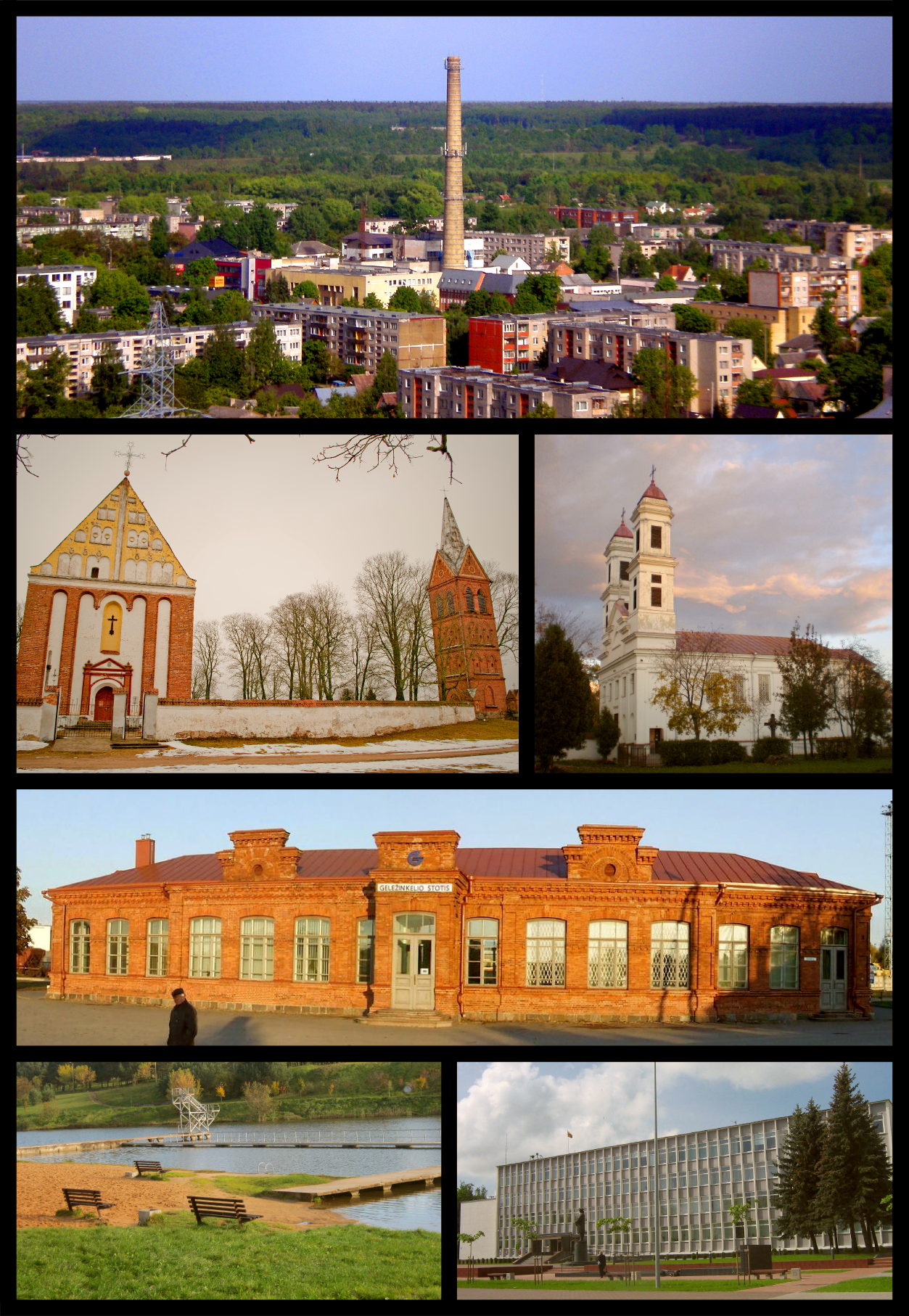

History

Jonava was officially established as a city in the 18th century during the times of the Polish-Lithuanian Commonwealth. In 1750 first wooden church has been built in Jonava. In 1778 beer brewery was operating in the town. Around 1812 Napoleon and his army invaded the town and its surrounding villages. In 1923 Jonava officially recognised as city-status settlement and in 1950 it became centre of municipality.
The city had a large Jewish population before World War II - in 1893 92% of the population was Jewish and in 1941 it was 80%. In 1932 there were 250 shops owned by Jewish families, a Jewish bank, 7 synagogues and a Jewish school. During World War II Jonava was attacked by Nazi Germany. A Christian church and five Jewish synagogues were destroyed. The Jews of the city were killed in two massacres, in August and September 1941. A total of 2,108 people were executed by an Einsatzgruppen of Germans and Lithuanian Self-Defence Units. 200 remaining Jews were kept prisoners at the Kaunas ghetto.
After the war the city built the largest fertilizer factory in the Baltic states and Jonava become one of 4 biggest industrial cities in Lithuania.
